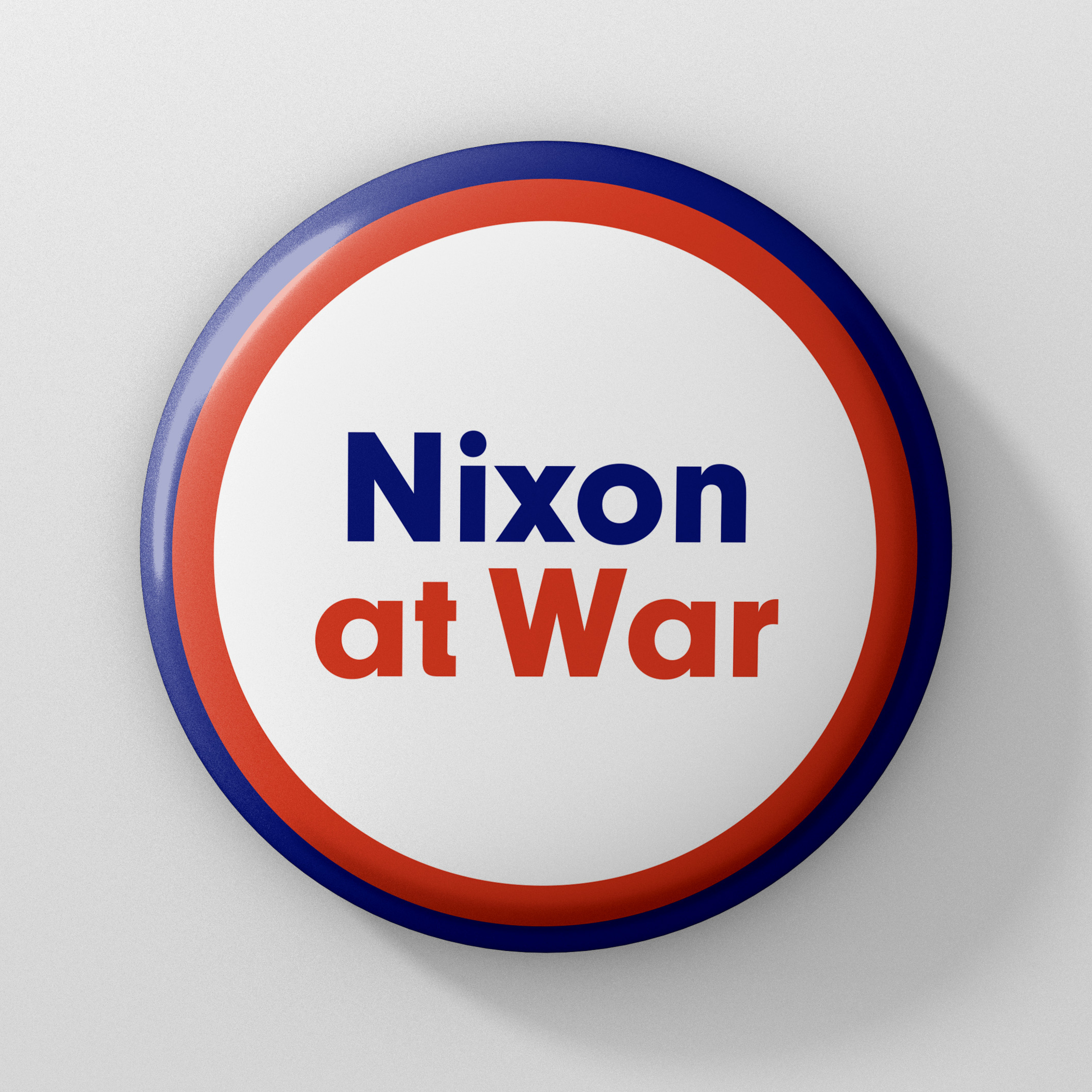Off the Rails
Description
With the publication of the Pentagon Papers in June ’71, the demons that Richard Nixon has wrestled throughout his presidency – indeed, through much of his public life – begin to gain the upper hand. “The strain of office, and the belligerency of his enemies,” Nixon biographer Jack Farrell says, “have begun to unsettle the president, dispelling the ‘mellow’ Nixon of 1968 and unleashing the self-injurious behavior of old.” Kissinger and others assure the president that he has nothing to fear from the Pentagon Papers, and might even benefit from the unflattering light they will cast on his predecessors, but the act of publication of classified documents – thousands of pages worth -- rankles deeply. Very quickly, the president’s long festering paranoia and indignation zeroes in on two of his most despised “enemies” – the press, for publishing the government’s closely held secrets, and the leakers within his own deep state, now personified by Daniel Ellsberg, for the growing threat he believes they pose to his own buried secrets.
More Episodes
Published 07/26/21
In the fall of 1971, Richard Nixon had reason to be optimistic. The long sought China Summit had just been announced, for the following year, to great (and deserved) acclaim. Vietnam, to be sure, remained an issue, but the continuing troop withdrawal had reduced its political drag at home. With...
Published 07/26/21
In early February ’71, with pressure building at home to complete the withdrawal of American forces from Vietnam, Nixon puts his Vietnamization program to a crucial and very public test. With the world watching, the South Vietnamese army launches an invasion into Laos, where they will engage a...
Published 07/11/21


